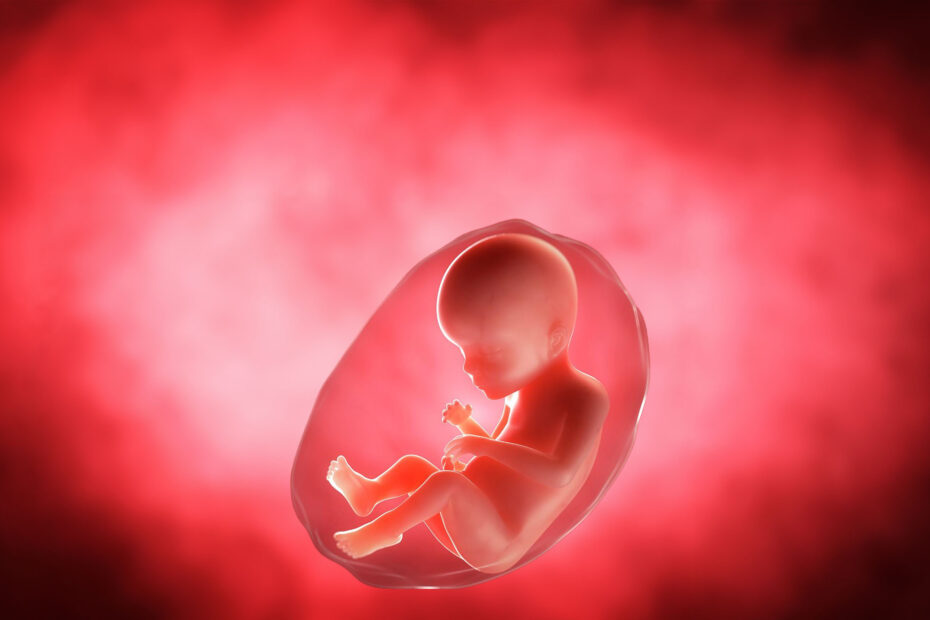By Judie Brown
Defining the natural law is a good place to start this explanation of why it is central to our quest to restore recognition of the humanity of the preborn person.
Brother Andre Marie explains: “According to St. Thomas, whose thought on the subject we will merely introduce, the natural law is ‘nothing else than the rational creature’s participation in the eternal law’ (ST I-II, Q. 91, A. 2.). His natural law theory holds that the eternal law as it is in the mind of God is knowable in a limited degree by our finite human intellects. That is to say, not only is there a rule or order in nature, but this order or rule is accessible to the human intellect.”
His citation from the Summa Theologica sets the stage for laying out the reasons why there is no question that if a person possesses common sense, that person would never agree to taking the life of an innocent human being at any stage in her life. Though, as Professor Janet Smith explains, “Common sense does not command a lot of followers these days and can be shocking when juxtaposed to the values of our times.”
This is most evident in the current social acceptance of violent crimes against the human person, including abortion, in vitro fertilization, and euthanasia. But in the midst of these vile practices that have garnered so much public support, we find a simple, logical way out.
Common sense! And to put a fine point on it as one writer states, “A person is an individual living entity whose substance is possessed of that wherewithal that capacitates and engenders self-awareness and free-willed rational thought; a human conceptus is such a person.”
That simple, single cell human embryo is such an individual. He or she possesses everything required to become whoever he or she may be one day.
This is why Saint Thomas Aquinas was so very right when he remarked that “a little error in the beginning leads to a great one in the end.”
By denying the humanity of the preborn, that error became a hallmark upon which the culture of death built its house of blood and bones. But like all evil deeds, it will eventually come crashing down.
Professor Dianne Irving, who has written extensively on this truth of nature, explains:
The first ethical principle of the natural law, from which several other principles are drawn, is familiar to us all: “Do good and avoid evil.” Natural law also includes three (not one) general norms against which we determine what is right or wrong:
(1) the subjective norm – not just “conscience”, but a well-formed conscience;
(2) the objective proximate norm – right reason, a very rich understanding of reason which embraces the harmony, interrelationship and good within any single individual, as well as among individuals within a society. Here the “common goods” must flow back upon the backs of each and every member of that society, and the institutions are there to ensure that; and,
(3) the ultimate norm – the Divine Nature itself, the ultimate measure of right and wrong, and of goodness.
This simple concept is clearly eluding far too many people in our day and age. If this were not the case, we would never hear of videos explaining the devilishness of Planned Parenthood’s practices, which could well be described as an arm here, a leg there, and voila, the baby is dead!
We would not read of a New York Catholic Conference spokeswoman telling people, regarding public funding to Planned Parenthood, “Together, we can work to build a place where no mother is pressured to end her pregnancy because of difficult circumstances.”
Instead, we would hear bishops and priests personally teaching that the blood of the innocent has become the greatest tragedy of our time, spilling as it does because of private funds, public funds, and morally bankrupt public figures who cannot bear to say the word baby!
But thankfully not everyone has become tone-deaf to the truth. Commentator Stephen White, for one, reminds us, “As man has lost a sense of transcendence, he has lost a proper appreciation for natural goods, too. It turns out that when we human beings turn our backs on God, all of creation—even that part of creation we call ‘human’—begins to fade into meaninglessness.” He calls this “civilizational sadness.”
Denying natural law truth exacts a steep price tag, while following God’s law delivers rewards today and forever.
